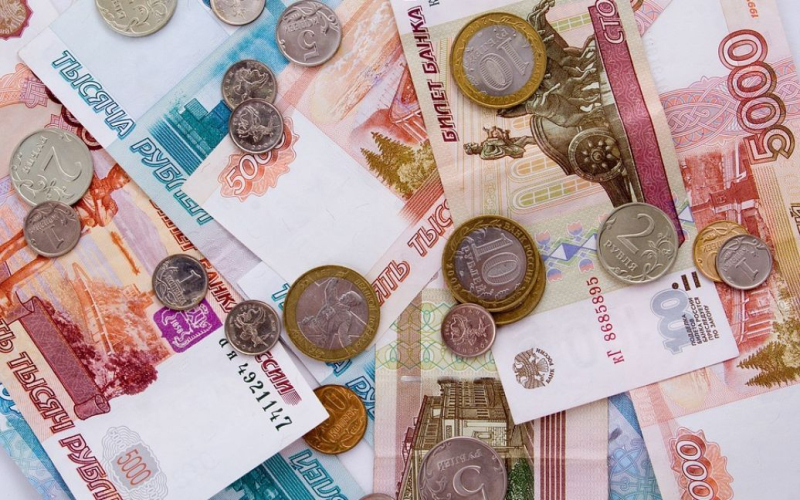The media found out what they are saying in the West about the possibility of transferring assets of the Russian Federation to Ukraine.
There is no mechanism for the confiscation of frozen assets of the Russian Federation yet for Ukraine, but the West is open to this idea.
Reuters writes about this with reference to statements by officials from the US and EU countries on the sidelines of the World Economic Forum in Davos.
Russian Federation assets are not a panacea for Ukraine
According to the interlocutors, “the devil is in the legal details” and even if this could be done, it will not be a panacea for Kyiv.
“No decisions have been made yet. If such a decision is made, it must be a collective one. It is a mistake to think that this will be a panacea effect. Real efforts are being made, but we are far from results,” said the US Special Representative for economic recovery of Ukraine Penny Pritzker.
What they say in the Kremlin
Russia, which was not represented at Davos, warned that confiscating these assets was contrary to free market principles. The Kremlin has threatened to confiscate American, European and other assets in response to such a move.
Why the West hesitates
U.S. Treasury Secretary Janet Yellen last year expressed concern about significant legal obstacles to confiscating frozen Russian assets. But she recently supported exploring the idea.
Another concern among some senior Western officials is that the confiscation of Russian assets invested in government bonds denominated in euros, US dollars and British pounds could undermine the willingness of central banks to hold each other's reserves.
Who now has the lion's share of Russian assets
The lion's share of the assets – essentially securities in which the Russian Central Bank invested – are frozen in Euroclear, a depository in Brussels.
Belgian Prime Minister Alexander De Croo said he is not opposed to the confiscation of frozen assets, but this requires a clear legal mechanism.
“We are not saying no to asset confiscation. But we need to work on a mechanism. For example, they can be used as collateral to raise funds for Ukraine.
We are open to further discussion and are ready to participate in resolving the issue of finding a legal basis for their transfer to Ukraine without destabilizing the global financial system,” said the head of the Belgian government.
Some securities are redeemable and therefore converted into cash, a transaction subject to a 25% tax rate, he said.
“If there is any taxable income, we will isolate it so it can go to Ukraine,” De Croo added.
According to him, the tax on frozen assets in 2023 amounted to about 1.3 billion euros, and in 2024 – about 1.7 billion euros.
Previously, the IMF named on whom the decision to confiscate Russian assets depends.
Recall that according to Bloomberg, the White House supports a bill that would allow the confiscation of about $300 billion. frozen Russian assets for Ukraine
The Office of the President stated that they expect Ukraine to receive annually up to $15 billion in income from confiscated Russian assets.
Related topics:
More news

